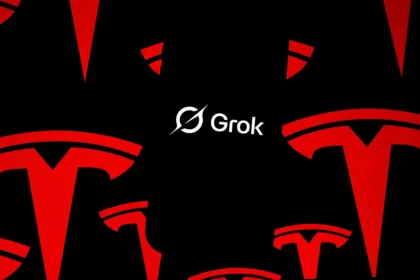Google might finally be ready to let the games begin in India, literally. The tech giant has pitched a proposal to India’s competition watchdog to loosen the Play Store’s grip on real-money gaming apps. The goal? End a brewing legal clash with local gaming platform WinZO and keep regulators off its back. In plain terms: Google wants to allow more real-money games (think fantasy sports, rummy, poker, and beyond) on its Indian app store and ads platform, as long as developers can prove their apps aren’t just dressed-up gambling machines.
For years, only a select few games were allowed through the gate, those labeled as “games of skill.” A 2021 Supreme Court ruling gave fantasy sports the legal nod, and Google started a limited pilot in 2022, but the rest of the industry wasn’t invited. WinZO, left outside the velvet rope, cried foul. That sparked a formal antitrust investigation by the Competition Commission of India (CCI), which is still very much in play.
Related: Sundar Pichai is Excited About Google and OpenAI being Cloud Buddies.
Now, Google is trying to call a truce. It’s offering to open up the Play Store to all “self-declared” real-money games, if those games come with receipts from a third-party authority saying they’re skill-based, not chance-based. Bonus points if that authority is an industry body like the All India Gaming Federation.
If the CCI gives the green light, Google says it will make these changes within 120 days. Ads for these skill games? They will go live within 150 days.
That is a big win for game developers who have been stuck distributing their apps via direct downloads or workarounds. It is also a potential goldmine for Google. Real-money gaming accounts for a whopping 86% of India’s $3 billion online gaming market, though that number is expected to dip slightly as casual games gain ground. Still, $3 billion is $3 billion.
More apps, more ads, more revenue. It’s not hard to see why Google wants in. But the story is not over. The CCI still needs to wrap up its investigation and determine whether Google’s been unfair to the little guys. Meanwhile, Google is juggling other antitrust lawsuits in India and has already taken one case to the Supreme Court.
At its core, Google’s proposal is a savvy move: let the developers in, keep regulators happy, and grab a bigger slice of India’s fast-growing gaming economy. The only catch? Regulators have to trust that Google’s playing fair this time. If Google gets its way, India’s real-money gaming scene could go from sideloaded to spotlight. But here’s the real gamble: Can Big Tech truly open the gates without writing the rules in its favor?







